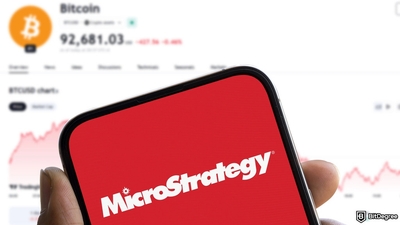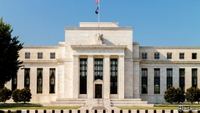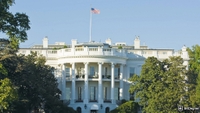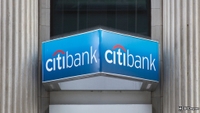Free Airdrop Season 7 is LIVE! Answer fun questions or do simple tasks to earn rewards from the $30K BitDegree prize pool. Participate Now ! 🔥
SEC's Gensler Warns House Bill Could Put Investors at Risk
Key Takeaways
- SEC Chair Gary Gensler criticizes FIT21 for creating regulatory gaps;
- The bill redefines digital assets, potentially removing them from SEC oversight;
- Gensler warns that the bill could increase risks for investors and harm broader US capital markets.
SEC Chair Gary Gensler expressed concerns about the Financial Innovation and Technology for the 21st Century Act (FIT21), a House bill that he believes would significantly weaken the US Securities and Exchange Commission's (SEC) ability to oversee crypto markets.
The FIT21 Act, created by the House Agriculture Committee and the House Financial Services Committee, aims to clarify the roles of the SEC and the Commodity Futures Trading Commission (CFTC) in regulating crypto.
The bill introduces a new term, "digital commodity," for digital assets that don't qualify as securities, placing these assets under the CFTC's jurisdiction.

Did you know?
Subscribe - We publish new crypto explainer videos every week!
What is Decentralized Crypto Gambling? (Animated Explainer)


Gensler argues that FIT21 would create regulatory gaps and undermine long-standing precedents for managing investment contracts, putting investors and capital markets at risk.
One of Gensler's primary concerns is that the bill would exclude investment contracts recorded on a blockchain from the definition of securities, thus stripping away federal securities law protections.
The bill also allows companies to self-certify their digital commodities, giving the SEC only 60 days to evaluate if these assets meet the new definition. Gensler argues that this timeframe is insufficient due to the vast number of digital assets in circulation.
Moreover, he criticized the bill for ignoring the Howey Test, a Supreme Court precedent used to determine whether an asset qualifies as a security based on its economic realities, further elaborating:
Instead, the bill makes that determination based on labels and the accounting ledger used to record transactions. It is akin to determining the level of investor protection based on whether a transaction is recorded in a notebook or a software database.
Gensler warned that the bill could increase risks for American investors by weakening the framework of investor protection and excluding exchanges from necessary oversight. He also cautioned that FIT21 might harm broader US capital markets by enabling companies to evade SEC oversight through decentralized networks.
The House of Representatives is expected to vote on the FIT21 Act later on May 22. However, the bill faces a challenging path in the Senate and is unlikely to become law this year.
Nevertheless, the debate highlights the tension between regulatory authorities and the crypto industry, as both sides grapple with finding a balance between oversight and supporting innovations.
The SEC is known for its strict crypto regulations and constant legal battles with crypto entities. A recent case involves Uniswap Labs, which received a Wells notice from the SEC and has formally contested the regulator's claims.























